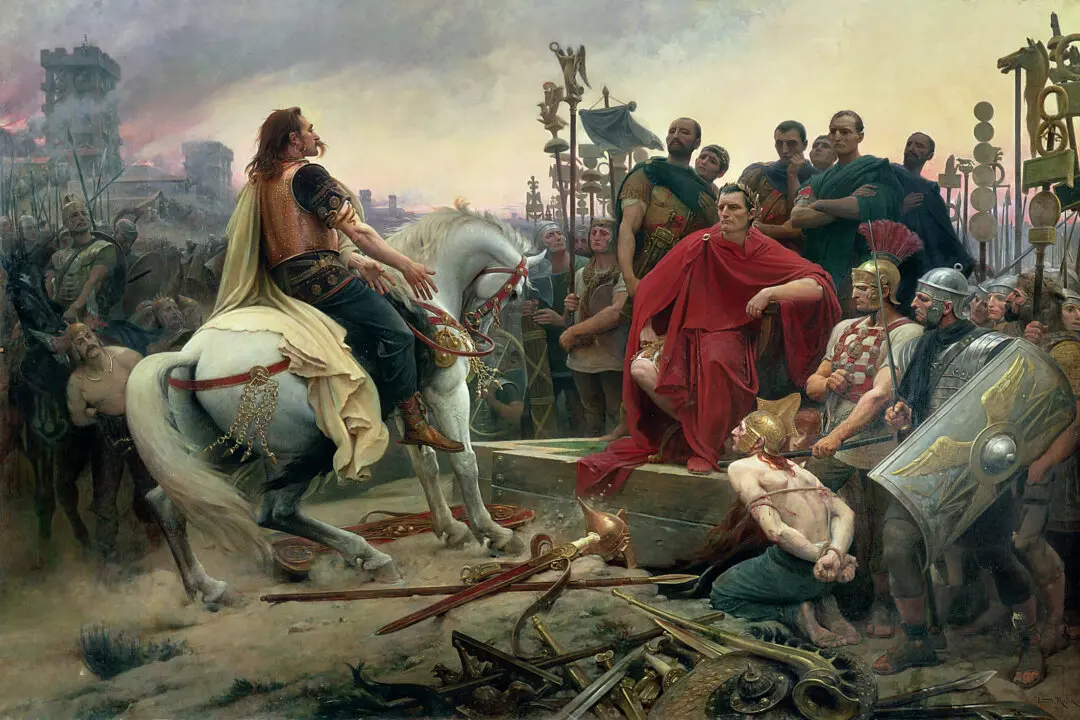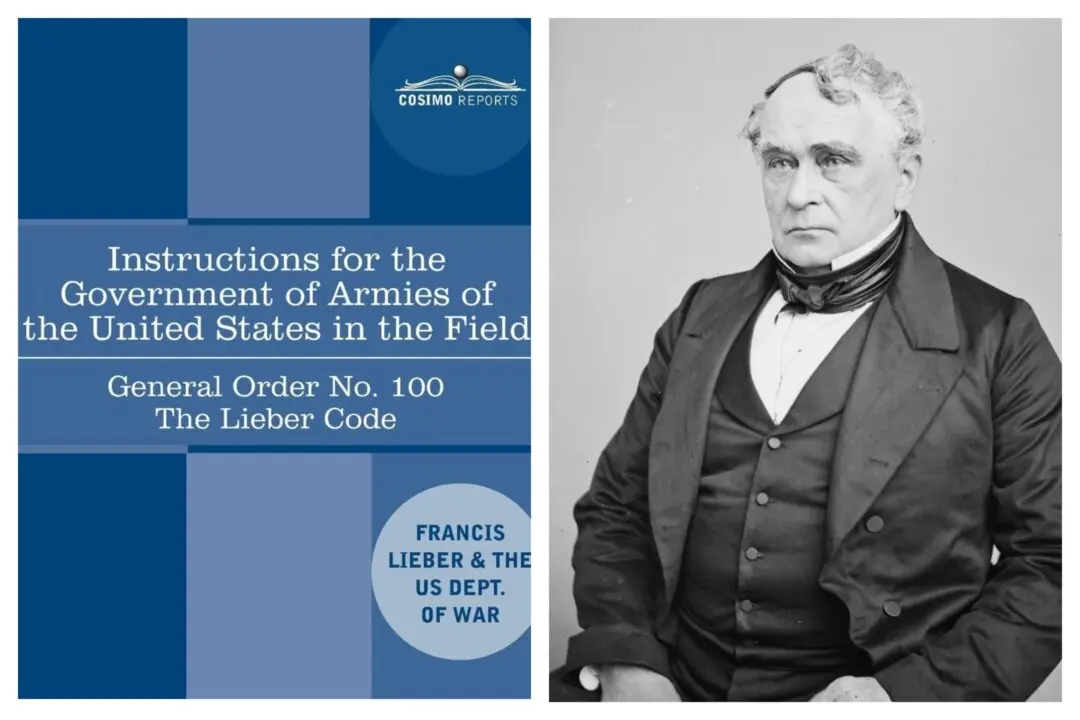Julius Caesar. It is a name that seems to have commanded as much attention over the 2,000 years since his death as it did during the 55 years he lived. His conquests both militarily and politically are of such magnitude that he is perhaps unequaled in the annals of history. There is little question as to why scholars continue to study him. The life of Caesar is a study of human ambition, the pursuit of glory, and the tangled web of political intrigue. In many ways, the study of Caesar is a study in human nature.
For these reasons, it is not only prudent, but necessary for each generation to study the great Roman. Cynthia Damon, professor of classical studies, emerita, at the University of Pennsylvania, and one of today’s leading scholars on Caesar and ancient Rome, has dedicated much of her career to presenting Julius Caesar to a modern audience. Her latest effort is the new translation of “Caesar Gallic War” for Harvard University Press’s Loeb Classical Library series.






